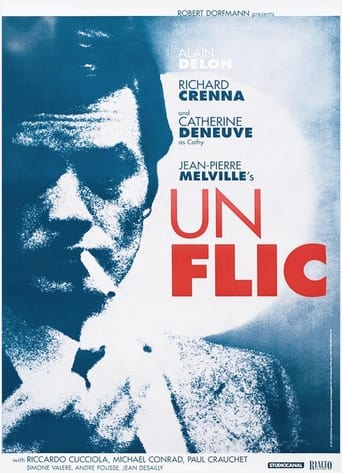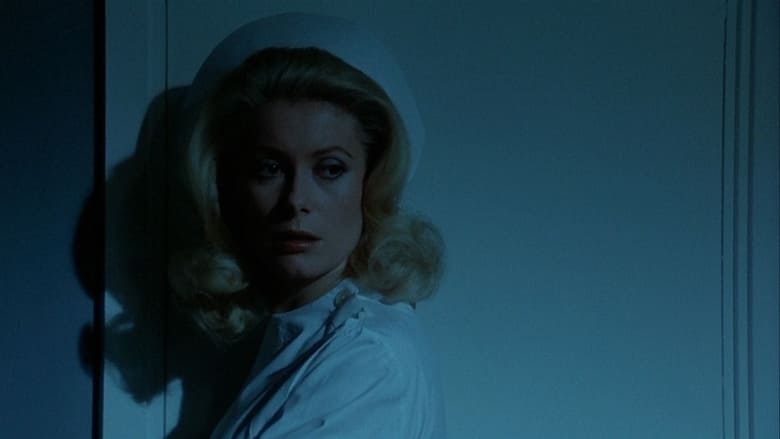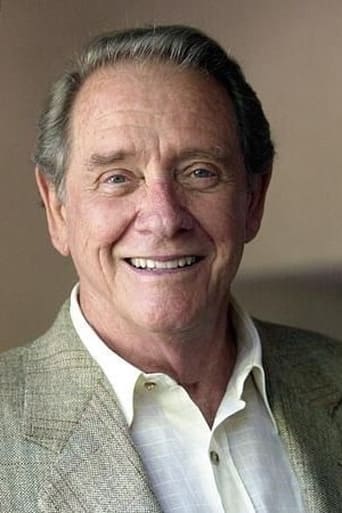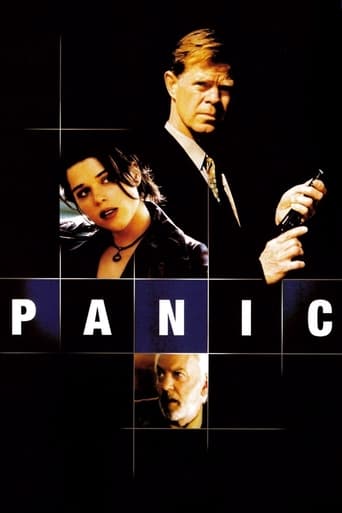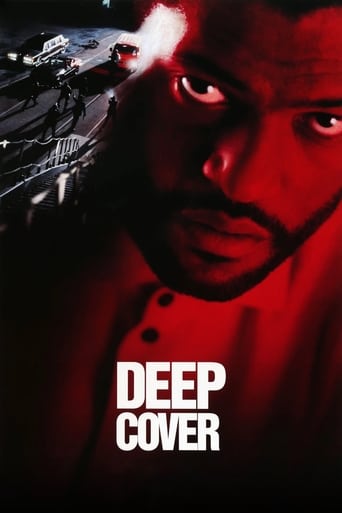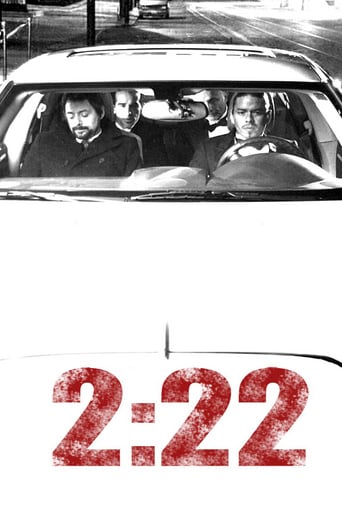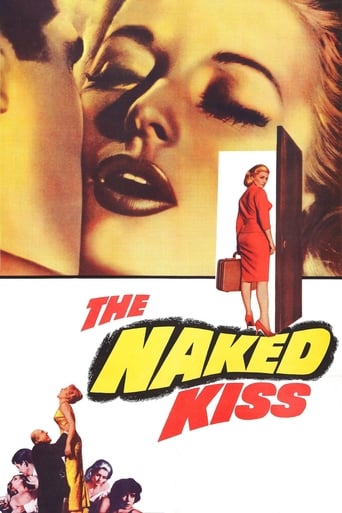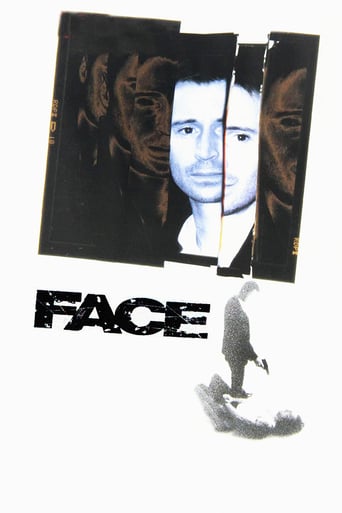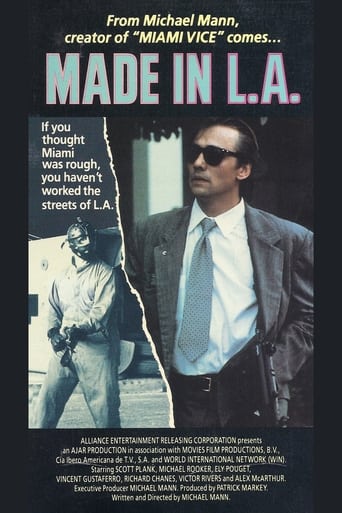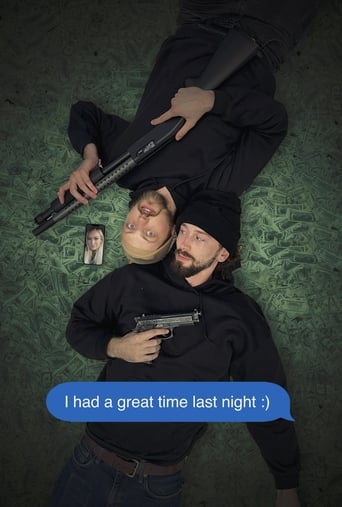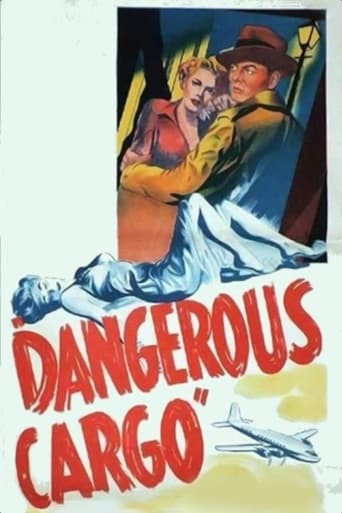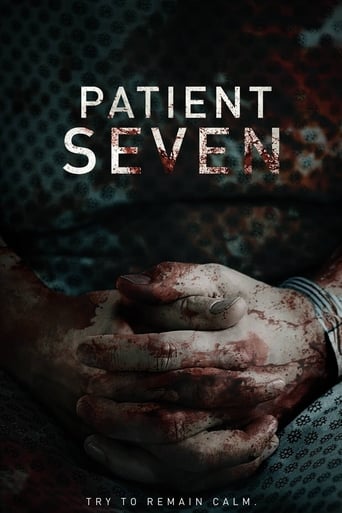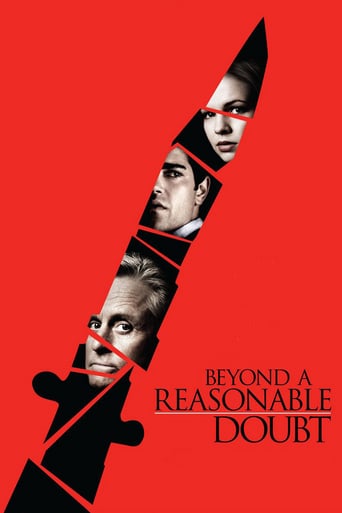Un Flic (1972)
A Parisian police chief has an affair, but unbeknownst to him, the boyfriend of the woman he’s having an affair with is a bank robber planning a heist.
Watch Trailer
Free Trial Channels
Cast


Similar titles
Reviews
Who payed the critics
Save your money for something good and enjoyable
recommended
It's the kind of movie you'll want to see a second time with someone who hasn't seen it yet, to remember what it was like to watch it for the first time.
Nothing great but it mostly worked for me. I'm very impressed by how much so many people seem to be able to read into this film, but unfortunately I didn't major in film, and I just don't see that much here. It has a kind of clever plot. Also, I like older cars, and Europe in the 1960s and 1970s, so that's a positive for me. I feel so shallow getting so little out of a French film.I must say that the corny special effects with toy trains and toy helicopters pretty entertaining because it was so blatantly fake, not to mention a serious problem with plausibility as far as really pulling off the related stunt. I really like a lot of French films, but this noir-lite was a bit odd and soft-bitten. Still, it made for a half-way decent nostalgia hit for me personally, but I wouldn't recommend it to many people.
The moody opening sequence promises so much, the deserted storm-lashed seaside location, the carefully staged bank 'blagging' and the clever escape all bode well, but it's all down hill from there. The rest of this movie stagnates with a lack of pace, a lack of dramatic effect and far to much screen time given over to dreary details : washing faces, tying shoe laces. To make matters worse the big set-piece features a truly dismal special-effects train robbery straight out of THUNDERBIRDS TV series. Instead of keeping this brief and maintaining some suspension of disbelief it goes on and on and on giving the viewer repeated chances to confirm how unconvincing the model vehicles really are. And this is not the only poor piece of studio work; poorly executed painted backdrops feature in several scenes at a time when on-the-streets reality was already the established way to go. The story is confused, several characters seem superfluous and as the lead character, Alan Delon sleepwalks though the movie. There is laconic and there is plain boring, and sadly he's the latter on this occasion. It's a performance that matches the tone of entire film.
This is a film so good, in how it understands the minutiae of film, the mechanics as it were, and done with so much straight-forward conviction that it amazes deeply.It is lean, the form refined, like a piece of wood patiently chiseled by the ebbs.So as with previous Melville films, it is distant, surely cold, clinical business. It's about characters detached from the world they experience, content to glide through without attachments. A world as grey, dreary and sullen as the faces of the characters, one reflected in the other. The pace is minimalist and monotonous, the movie plodding along in a steady and unflagging hypnosis as if it does not progress at all. It seems to hang suspended in the middle distance, the plot laconic in what it reveals as much as the dialogue, yet it flows towards its inevitable and cold end in an unnoticeable succession of undeviating changes. A phone-call, a newspaper clipping, a man setting down to eat in a restaurant. Before you know it a man is getting shot.It's part slow erotic foreplay about cinematic crime, remember the scene with Deneuve and the gun, and part a feel that is the present moment unfettered by any including cinematic baggage. You just watch.
All right, all right, so "Un Flic" is "flawed" and not on the same level as "Le Samouraï" -- but then how many films are? Yes, it's "flawed", obsessive, ambitious, made by an artist who was on top of the world after a succession of critical and box-office hits and probably felt like risking more -- and he did! It's also unique, mesmerizing, to be watched over and over again. And (as always with Melville) it's cinema in its purest, most uncompromising form."Un Flic" was Melville's last film, made one year before his sudden, fatal heart attack. It's ambitious all right: it stars France's top stars of the 1970s (Alain Delon and Catherine Deneuve, she in a supporting role at a time when she NEVER did supporting roles); and for the first time -- probably with an eye on the US market -- Melville uses an American star, Richard Crenna, who delivers his lines in absolutely fluent French (though post-dubbed for accent reasons)Talk about ambition and risk: Melville includes not one but TWO 20- minute-long, no-dialog, no-music heist scenes! The first one at the bank, by the rainy seashore, is a masterpiece of efficiency and atmosphere. Sadly, the second one with the helicopter/train is THE major flaw of the film, with its phony Thunderbird-like miniature models, especially difficult to accept in these our times of eye-popping CGI effects. It's also too long, it should have stayed out, though one can argue that it's probably the best-lit-miniature-model-heist-scene ever filmed!:)))The plot in "Un Flic" is a pretext to present the duel between the two complex male characters: Alain Delon's ideal cop made in Noir Heaven, and Richard Crenna's mastermind-thief-posing-as-charming-night-club-owner. They're on opposite sides, but Melville wants us to notice their similarities: their striking physical resemblance (they could be brothers), their camaraderie (Delon can only relax at Crenna's classy joint), their sharing the same woman (Deneuve). They're both cool, elegant, efficient gentlemen, who use violence only as a last resource (though the violence here is implicit, with hardly a drop of blood in view, unlike bloodbath fiends and pseudo Melville fans Scorsese, Tarantino and Woo). They're both art connoisseurs and sensitive to beauty: Crenna goes to the Louvre, admires Van Gogh's self-portrait and wears top fashion; Delon plays jazz on the piano proficiently, dresses impeccably (for a cop) and recognizes a Maillol sculpture when he sees one. But they can also be tough as hell: Crenna doesn't blink when he plans the death of his wounded sidekick at the hospital, and Delon coldly waits for a man to commit suicide instead of preventing it.Tough as they are, they're surprisingly open-minded when it comes to sex: Delon treats the robbed old homosexual and his teenage lover/thief with unflappable professionalism and even politeness, and is perfectly aware of the transvestite informer's crush on him (the transvestite's makeup and hair color resemble Deneuve's; insinuations galore). And in a revealing, silent scene at the bar, we can tell that the Deneuve-sharing is not an issue (yet). But in Melville's world, affinities, friendship and "modern" sexual morals collapse when the code of honor between males is broken. Delon is OK with gay people and ménages-à-troi but not with Crenna betraying his trust and fooling him professionally. The Melville code comes from Westerns and Samurai movies; the price of betrayal is death. When Delon realizes he's been double-crossed, there's no place for mercy or compromise in his heart; revenge is the only way out, AND he has the law on his side.A word about the acting: perhaps Delon doesn't seem very excited to play a cop -- who does? -- but his last 15 minutes are simply magnificent: just watch his face at the bar when he realizes Crenna is lying; it melts down with painful disillusion. And in the last scene over the closing credits, he drives his car drained of all life; he's broken inside, terribly lonely, an empty carcass. Crenna is subtle and properly sympathetic: cop-hater Melville clearly wants us to root for him. Apparently, Deneuve is there just to parade her amazing beauty, but check out the hospital "coup de grâce" scene: no angel of death was ever colder, blonder, more efficient or gorgeous. It makes us think once again what a shame she never worked for Hitchcock!The visual pleasures in "Un Flic" are so many that multiple viewings are required: the elegant decors, the fabulous cars (that silver Jaguar!), the chic wardrobe and the city of Paris at its most stunning. There's a telling scene at the Louvre where Melville seems to be comparing himself to the great impressionists: his camera lingers on a painting with a very similar palette as his own (icy blues, pale gris, cold grays). It's a "coup de vanité" from a man who -- like the greatest visual artists -- managed to create an instantly recognizable world of his own through his obsessive themes, unique visual expression and fabulous technique.The only way you can dislike "Un Flic" is if you're addicted to hyperactive, loud, chopped films; if you can appreciate moderato-paced subtlety and unique visual sophistication, you can do no wrong with this film. Melville's "flawed" work towers over thousands of brainless, spineless, bloody thrillers - after all, "Un Flic" is signed by the one and only King of Cool. Enjoy, enjoy, enjoy.

